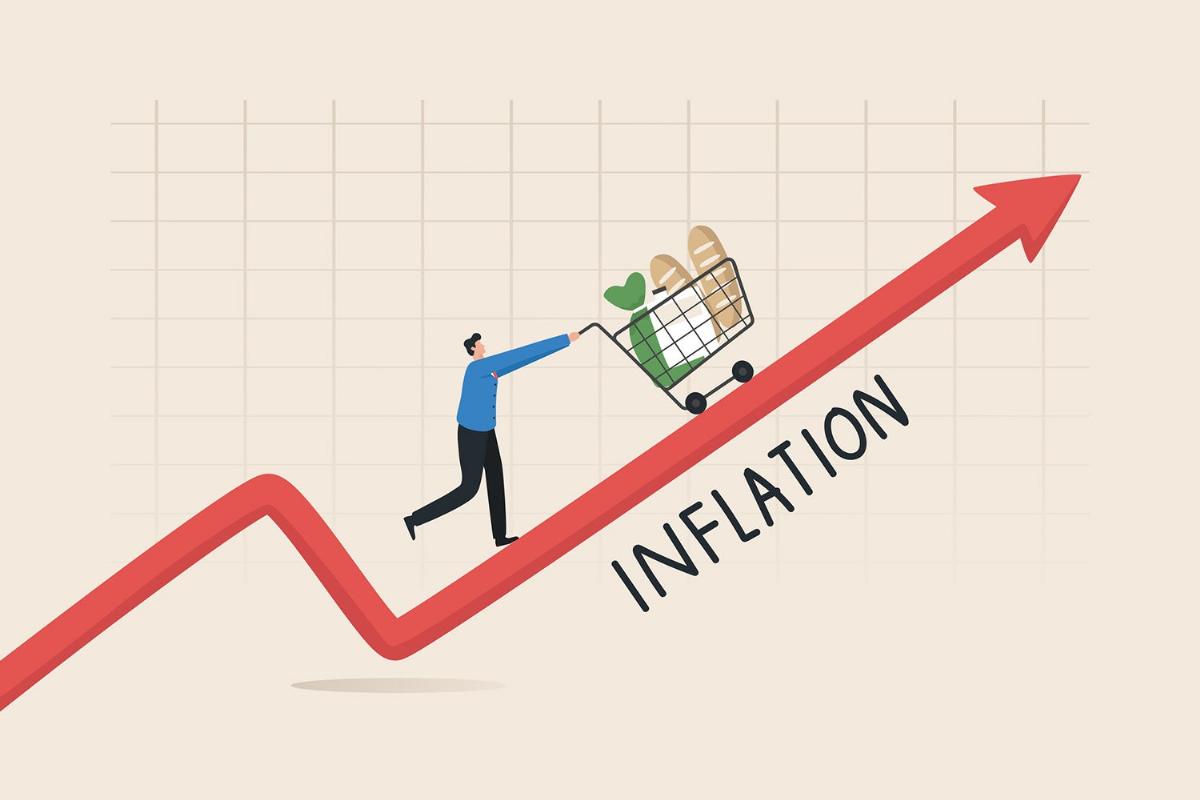
Inflation
Inflation is the rate at which the general level of prices for goods and services rises, leading to a decrease in purchasing power over time. It is typically measured by indexes such as the Consumer Price Index (CPI) or the Producer Price Index (PPI). Central banks and governments closely monitor inflation, as it impacts economic stability and policy decisions. Moderate inflation is considered a sign of a growing economy, while high inflation can erode consumer purchasing power, savings, and wage growth.
Several factors contribute to inflation, including demand-pull inflation, where demand for goods and services exceeds supply, driving prices up. Another factor is cost-push inflation, where the cost of production, such as wages or raw materials, increases, leading businesses to raise prices. Additionally, inflation can result from expansionary monetary policy, such as when central banks increase the money supply by lowering interest rates or through quantitative easing.
To manage inflation, central banks, such as the Federal Reserve in the United States or the European Central Bank (ECB) in the Eurozone, adjust interest rates. Higher interest rates tend to slow down economic activity by making borrowing more expensive, which in turn can reduce inflationary pressures. Conversely, when inflation is too low or there's deflation, central banks may lower interest rates to encourage spending and investment.
Inflation can also vary by region and sector, with certain areas of the economy, like housing, energy, or healthcare, experiencing faster price increases. Inflation has been a persistent issue in both developed and developing countries, influencing everything from currency values to government debt. Hyperinflation, an extreme and rapid rise in prices, has occurred historically in cases like Zimbabwe in the late 2000s or Germany in the 1920s, severely destabilizing those economies.
Stichworte
Quellen







